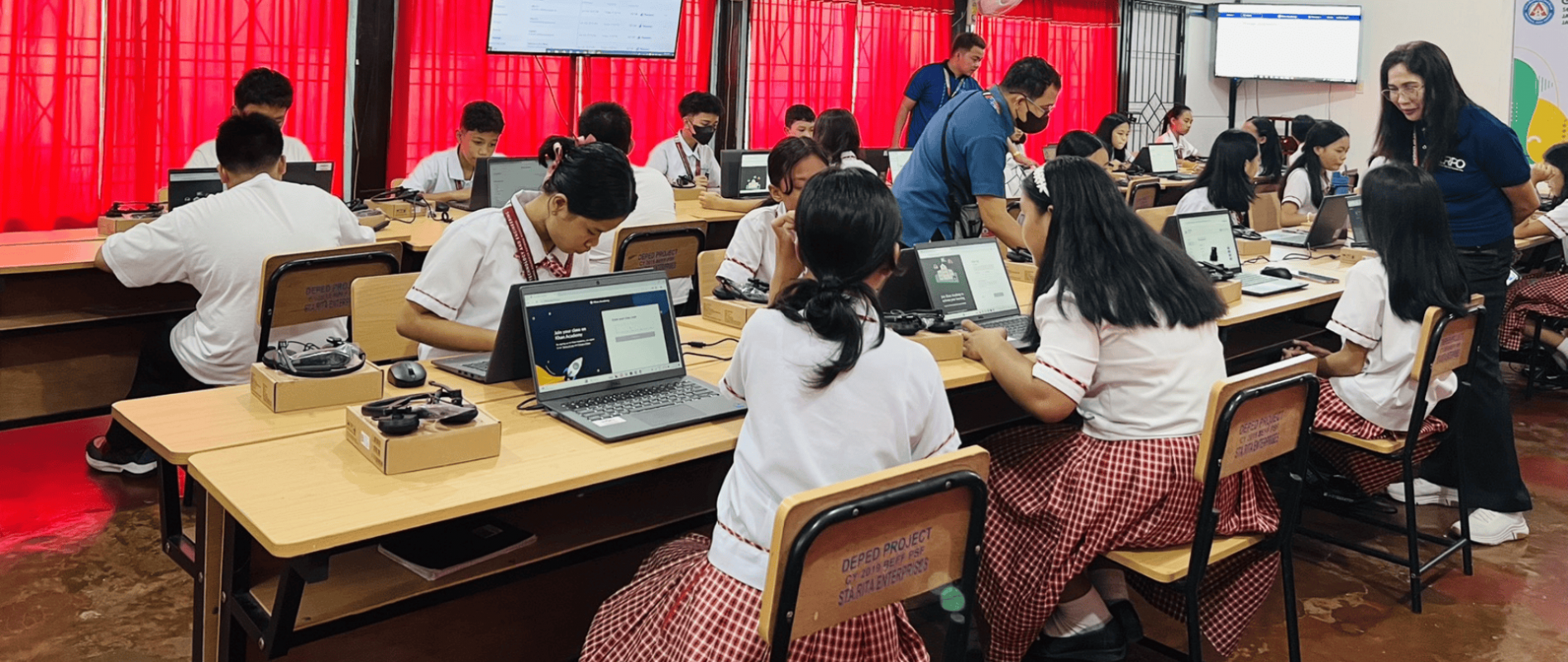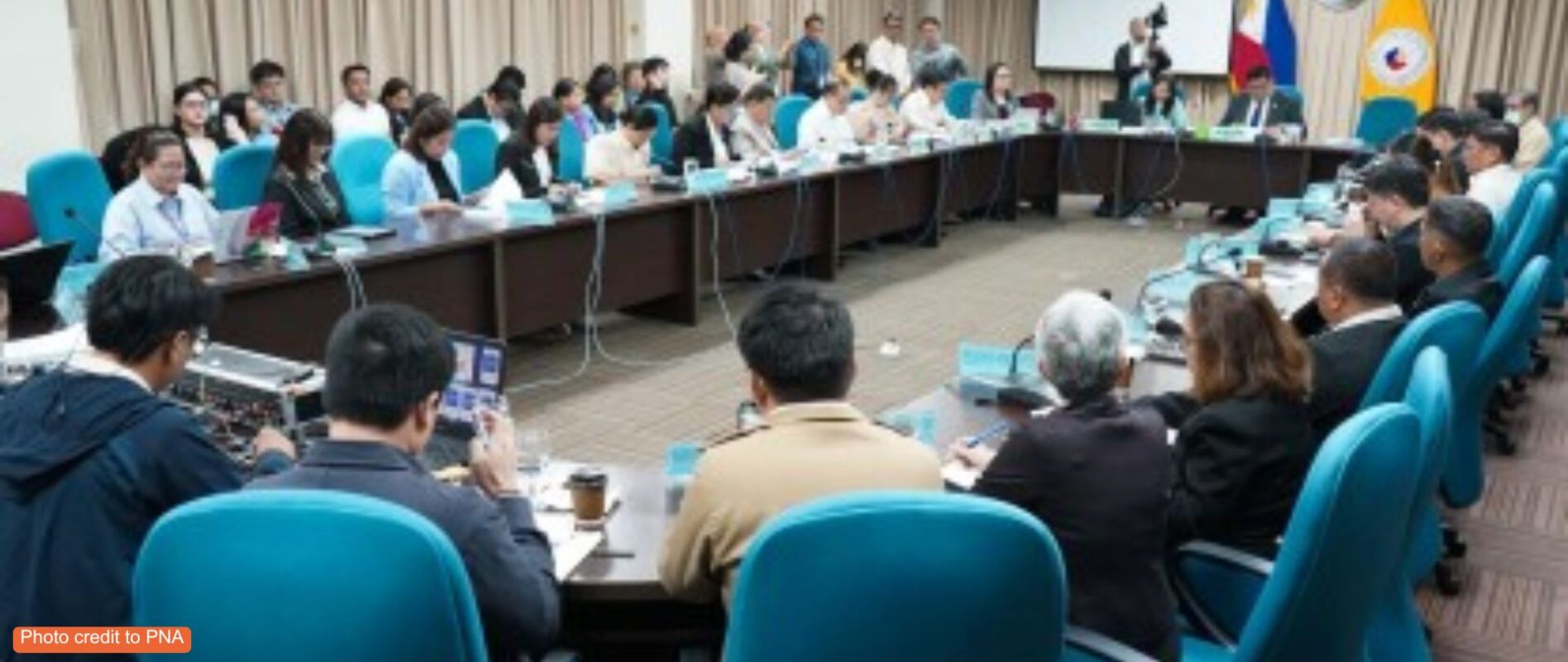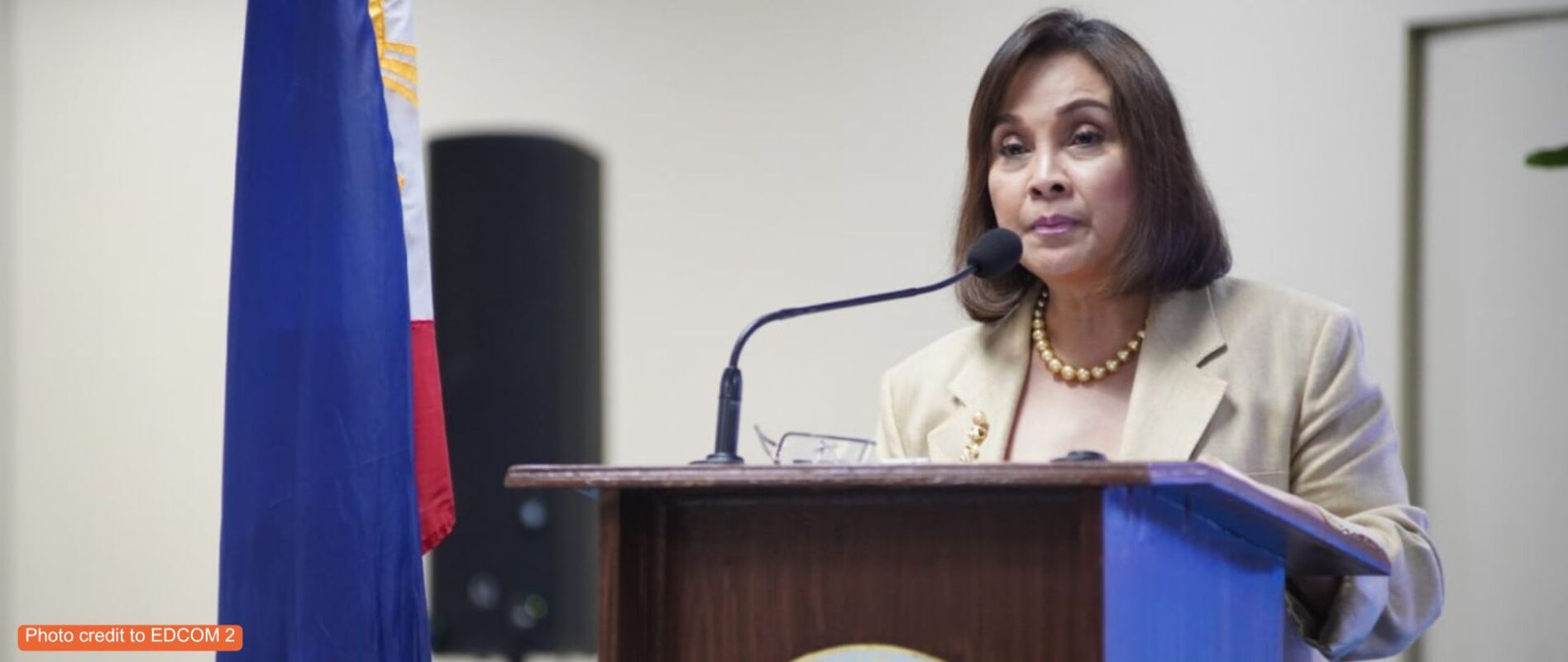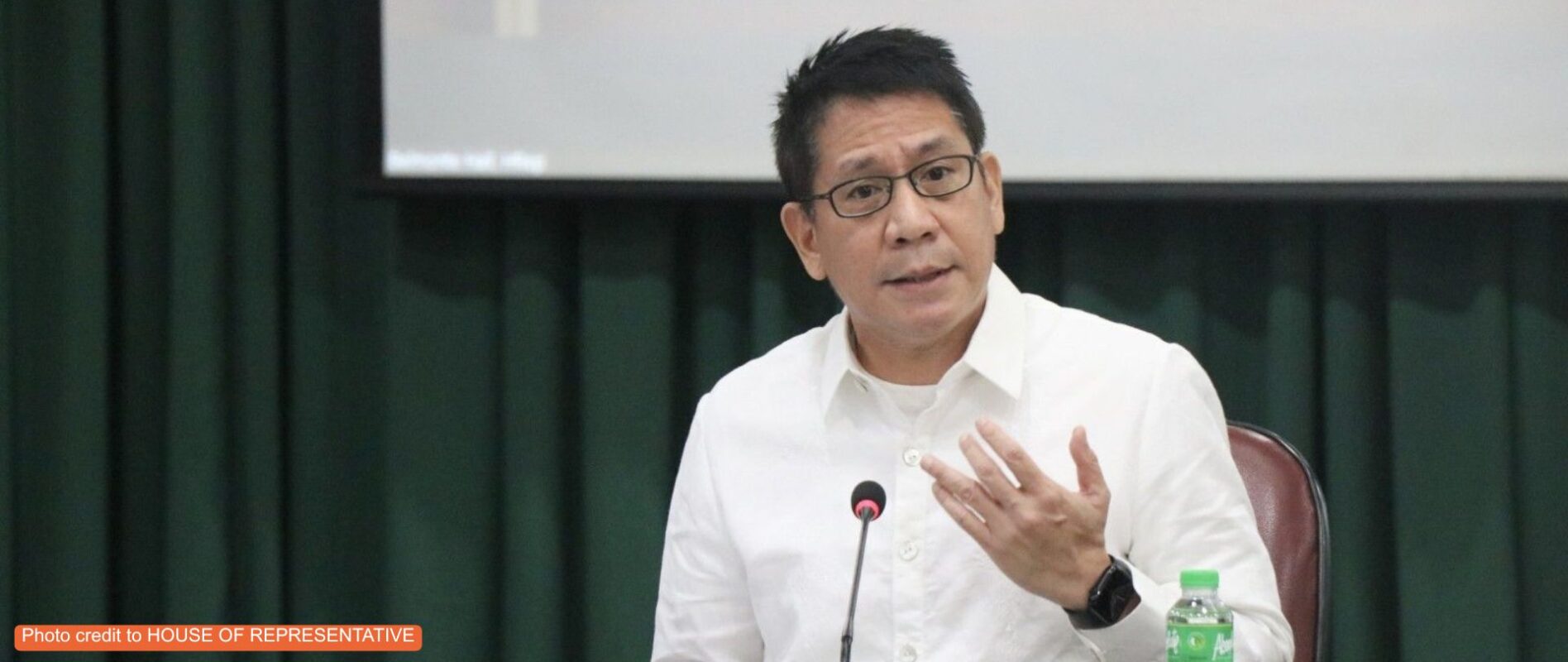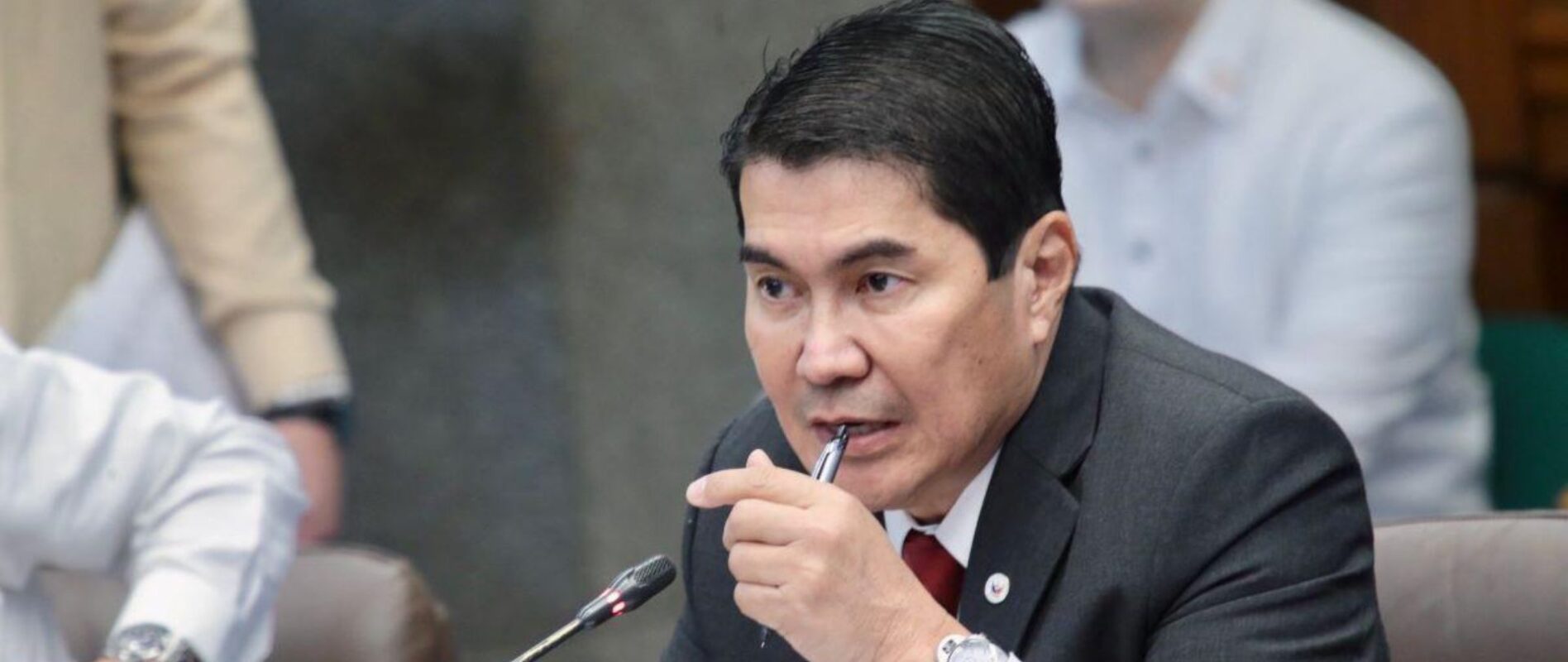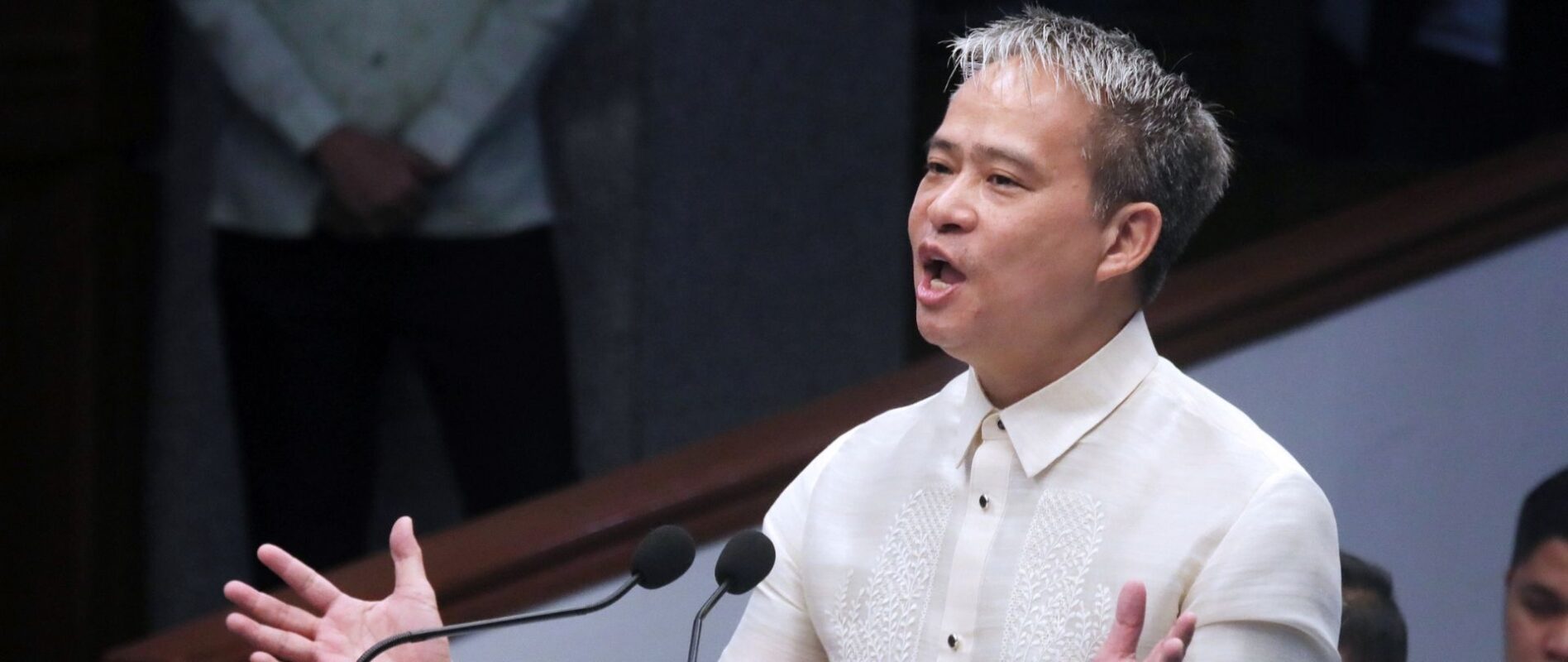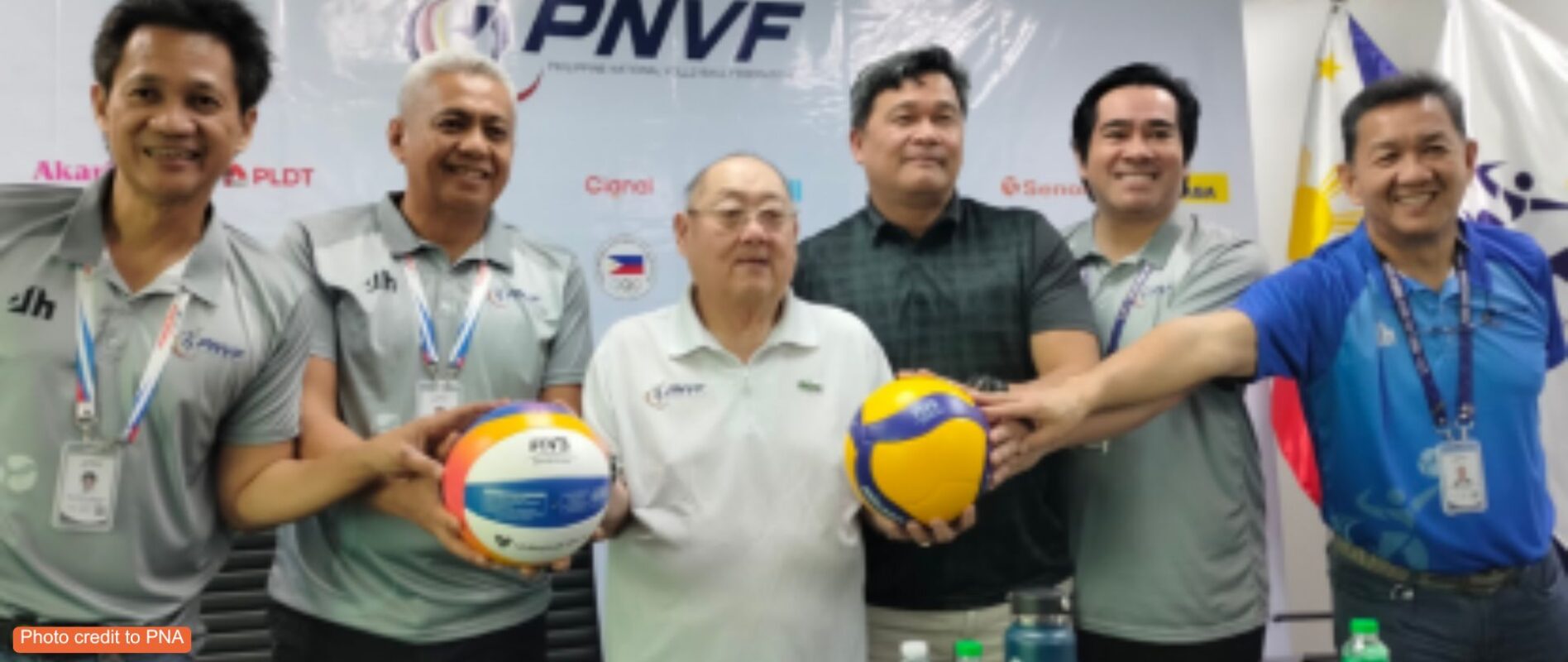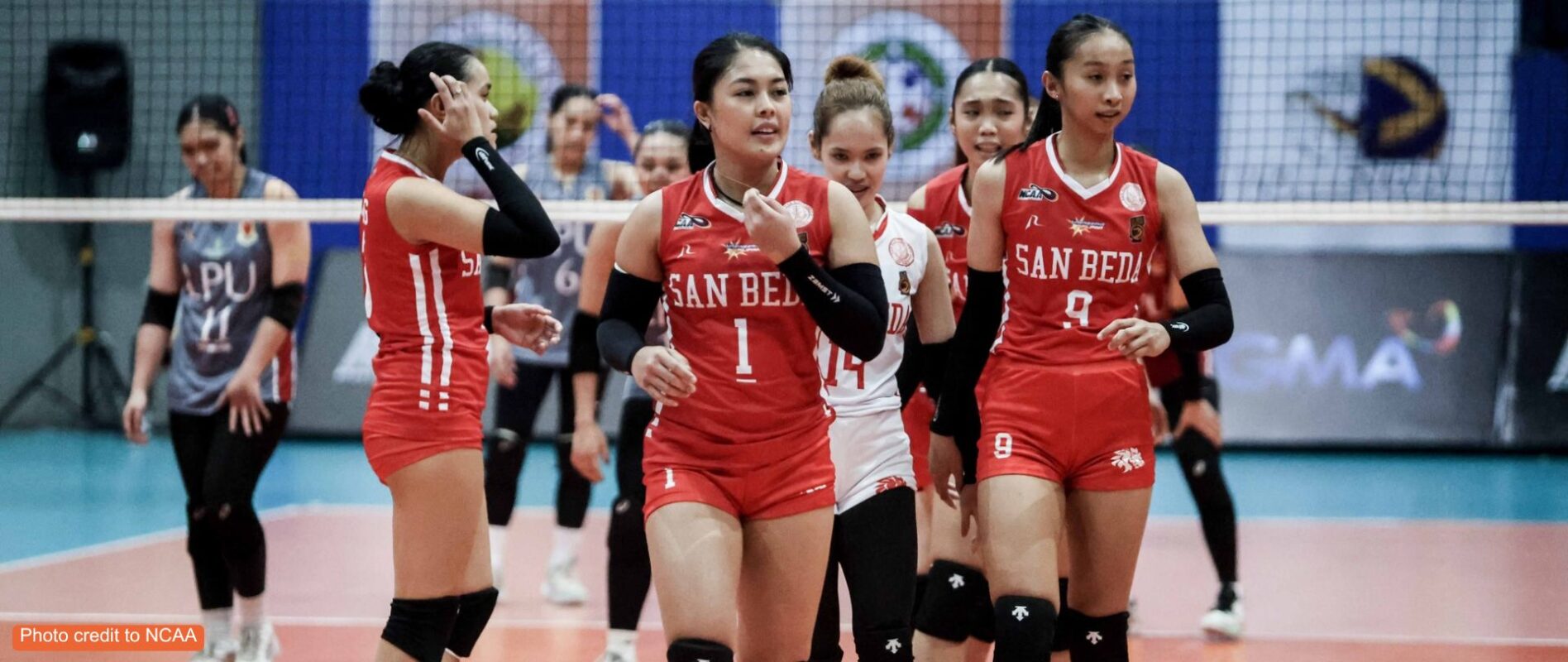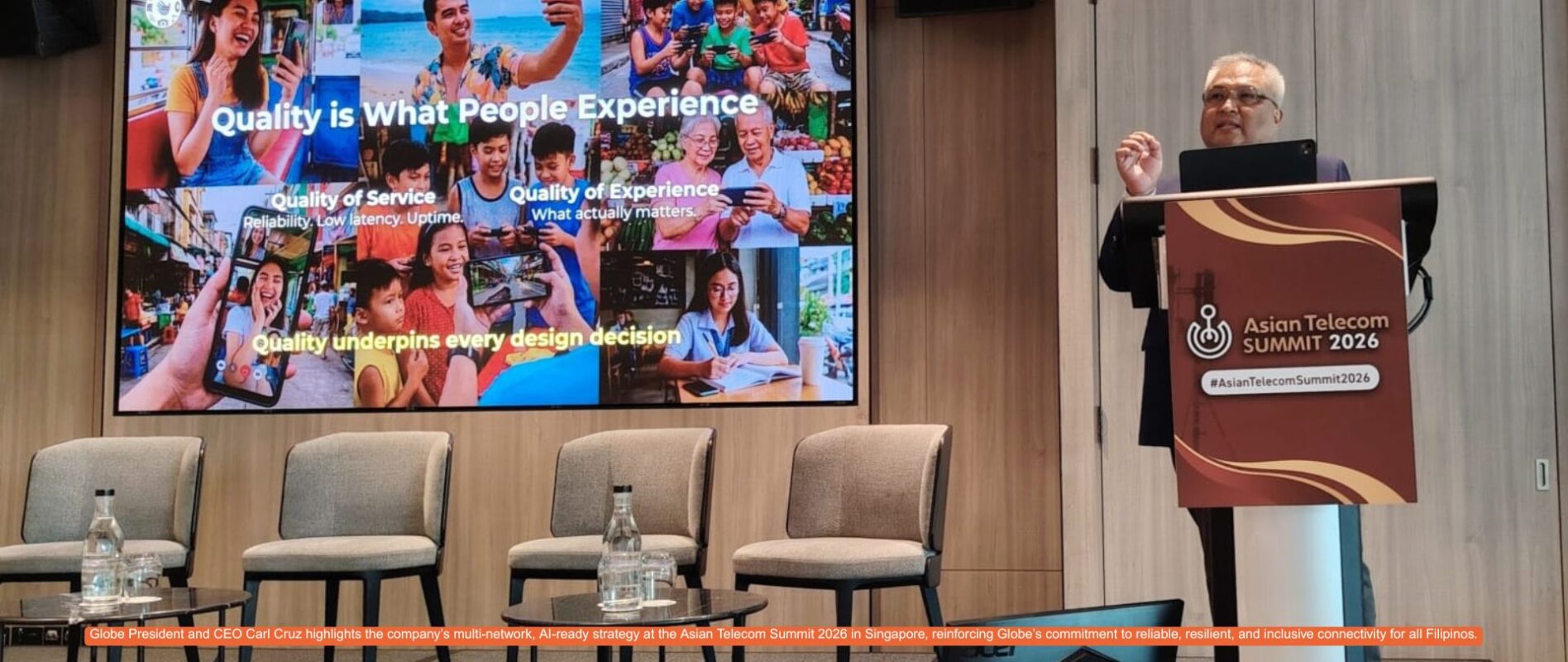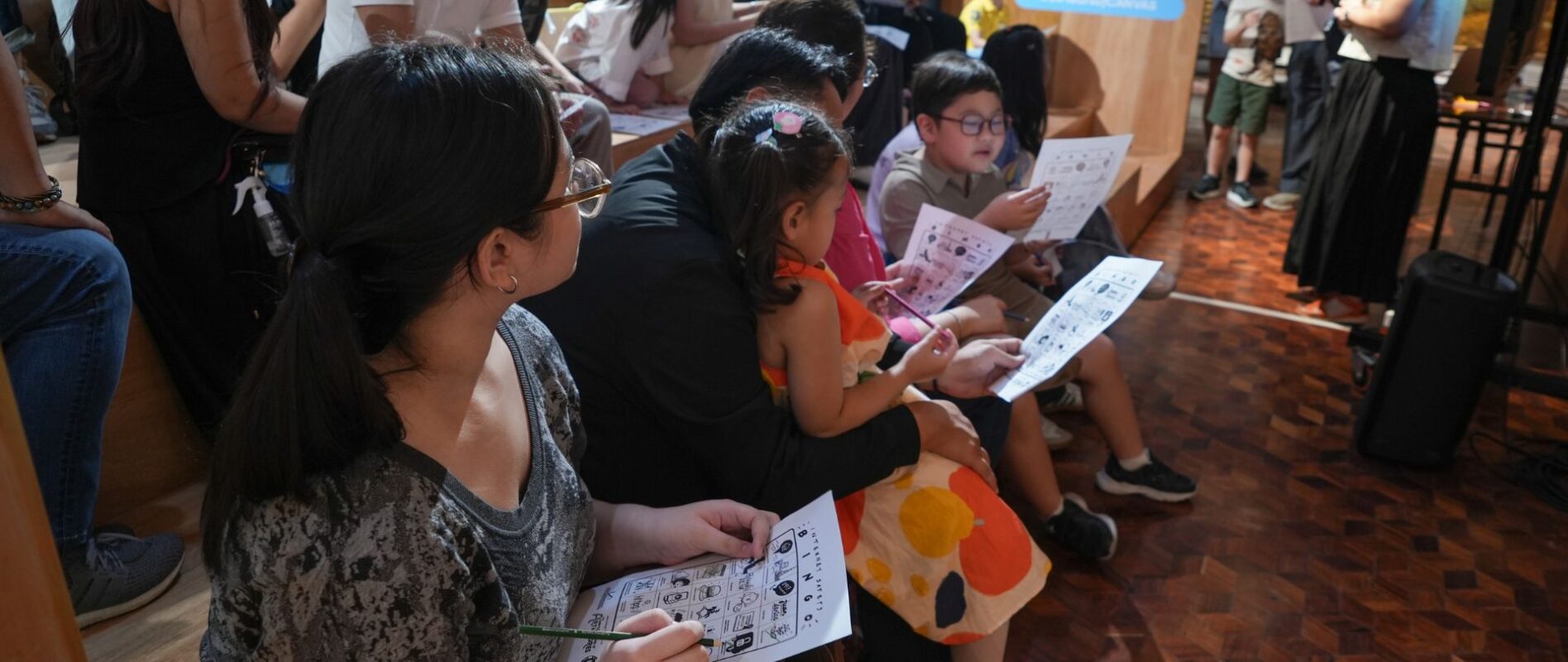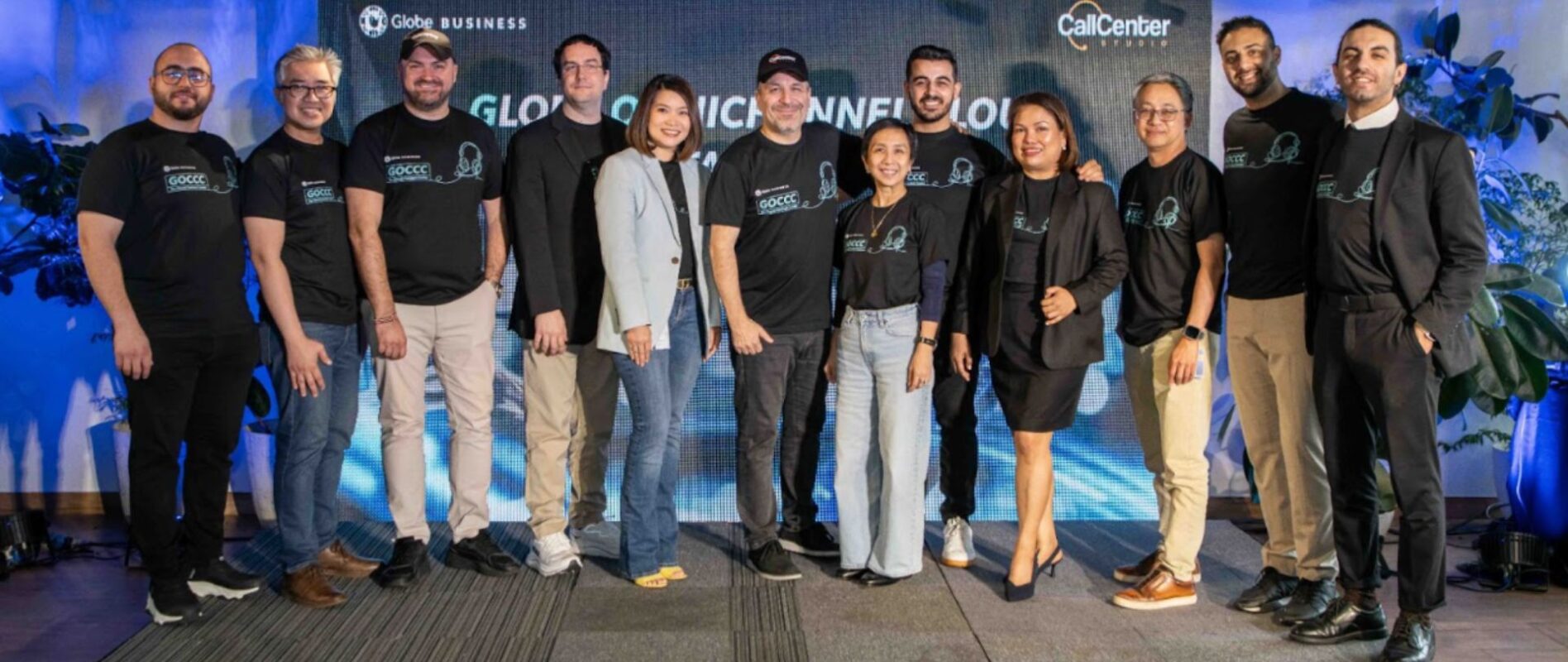DEPED TO DISTRIBUTE 62,000 LAPTOPS, SMART TVS TO SCHOOLS NATIONWIDE
THE DEPARTMENT of Education will soon begin distributing more than 62,000 laptops and smart TV packages worth P1.8 billion to schools across 16 regions by the second half of the year.
The success of Early Procurement Activities is a commitment made by President Ferdinand Marcos Jr. during his State of the Nation Address to bridge the digital divide. A key component of this is the DepEd Computerization Program.
“As we relentlessly address the classroom gap, we must bridge the digital gap with equal intensity. Students will be equipped with computers, smart TVs, essential programs, digital books—and, once again, access to reliable power and the Internet,” President Ferdinand Marcos Jr. elaborated.
The faster procurement process of ICT resources was made possible after Education Secretary Sonny Angara made it a priority program in his first six months in office.
As of February 4, 2025, DepEd has reported the success of EPA for 23,614 smart TV packages, 33,539 laptops for teachers, and 5,328 laptops for non-teaching personnel. Region IV-A (CALABARZON), Region VI (Western Visayas) and Region VIII (Eastern Visayas) received the highest allocation for the ICT equipment.
The rollout continues despite a P10-billion budget cut that initially hampered DepEd’s computerization program, reducing its original target of 800,000 laptops and smart TVs for the year.
With the backing of President Marcos and his fiscal management team, DepEd is working closely with the Department of Finance to restore funds, ensuring the uninterrupted implementation of its digital initiatives.
“This year, our computerization programs will continue with the help of President Bongbong and my fellow cabinet members. Our goal is for each school to have an ‘e-cart’ or roving computer lab that all students can use. Additionally, we are providing various software tools to support our teachers,” Angara said.
The initiative aims to improve the country’s low teacher-to-laptop ratio, which remains a challenge. The Year 2 report by the Second Congressional Commission on Education emphasized that better access to technology empowers teachers to be more effective, particularly in regions where alternative learning setups remain necessary due to natural calamities.
Beyond benefiting teachers, the laptops are expected to enhance students’ learning assessments by familiarizing them with online platforms, sharpening their technological navigation skills, and strengthening problem-solving abilities.

